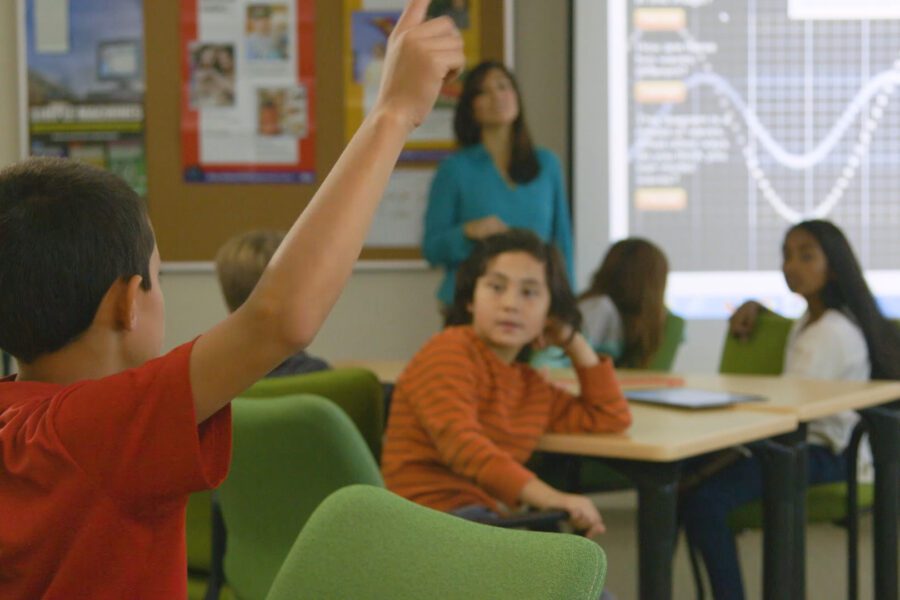
Each person has a role to play in the lives of the people around them. Teaching charity in the classroom can show students the rewarding nature of giving back to others with intention while making an impact in the world. Children have an incredible capacity for giving and kindness, especially when led by example.
Offering a lesson about charity in the classroom can help young people strengthen their skills for empathy, generosity, and compassion without expecting anything in return. A lesson about charity also opens the door for treating others, in spite of their differences, with respect.
This blog will explore why teachers should demonstrate the importance of charity and ways to show empathy outside of school.
Why teach charity in the classroom?
Teaching children charity at a young age can help instill important values of generosity and compassion. These values can help students understand the big picture of the world around them. From poverty and loneliness to lack of education and food, the lesson of charity stretches beyond a simple canned food drive.
The value of the home
The National Alliance End Homelessness’ (NAEH) report notes that at the beginning of 2020, there were 580,466 people experiencing homelessness in America, and 20% of them were families with children. NAEH observes that this data demonstrates the diversity of people in the country. Teaching children about the lives other people live on a daily basis can open their eyes to the value of their home as well as the economic injustices people face every day.
Teaching about homelessness can initiate a chance for children to contribute thoughtful opinions about the world and grow in gratitude for what they have.
Showing loving kindness
Outside of poverty, charity also lends those in need relief from everyday challenges. Teaching loving kindness is a great way to inspire children and help them understand the power of charity. An act of loving-kindness can begin with simply helping out around the classroom without being asked and stretches to learning the impact a kind word or act can have on the world around them.
Learning about kindness changes the perspective of their individual needs to the needs of others, even when they don’t ask for it. The COVID-19 pandemic taught many what it is to be lonely, but even more so, the power of community.
Demonstrating the good in the bad
When tragedy hits, communities can come together to turn around entire neighborhoods. If an event like a hurricane occurs, you can explain to students what happened and then introduce the idea of giving back to the community to help those in need. Explain that the people who were hit by the disaster have no other way of meeting their basic needs and why lending a helping hand at a food bank or offering to help clean up the debris can make a huge difference in their lives.
Ways charity is more than just a dollar donation
Start with a small example of charity, such as comforting a friend who feels down or helping another student understand a challenging lesson. This can introduce the concept of charity to children in a way that is immediately tangible and within their grasp.
Point out that there are many ways to show charity in the community with some simple examples that can plant the seed of generosity, such as:
- Visiting a retirement home or terminal people in a hospital.
- Baking cookies for a lonely neighbor.
- Cleaning up a park.
- Serving food at a food bank.
- Donating warm clothes during winter months.
- Offering toiletries, canned goods, or books to impoverished people.
- Writing letters to soldiers overseas.
- Planting a community garden.
All of these instances can inspire students to enact kindness in their community without asking for donations from their parents. According to a 2019 Insider article about personal finance and charity, philanthropic tendencies are learned behaviors that can be passed down throughout generations.
From financial donations to empathy lessons, teaching charity in the classroom can help shape a future of selflessness, gratitude and empathy.


